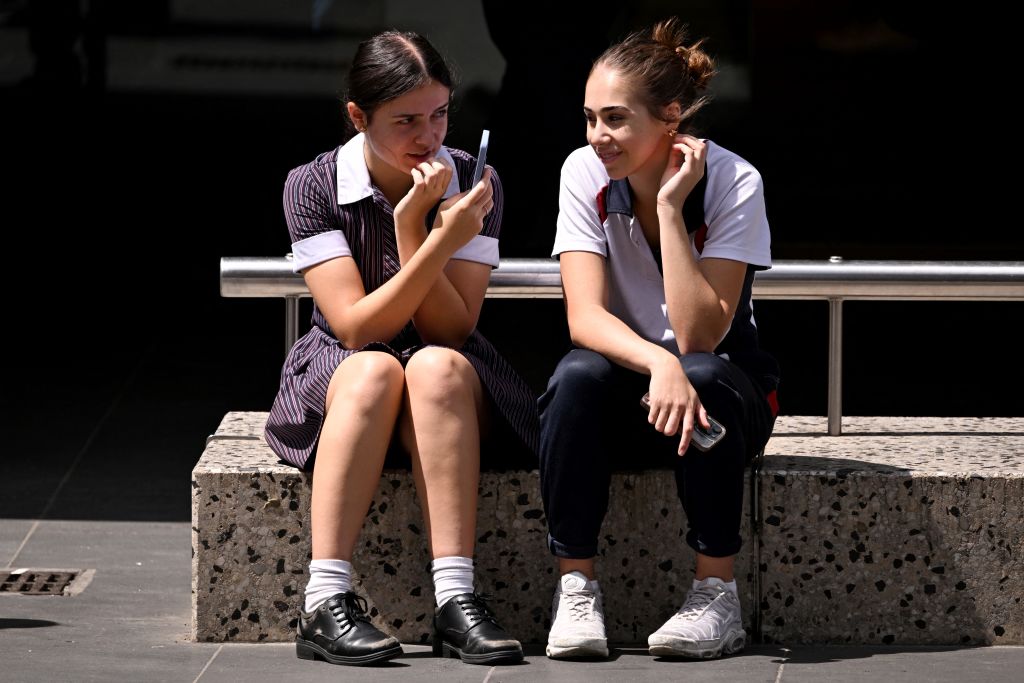Australia’s parliament has just passed a law which aims to do what no other government has yet managed: stop children under 16 from using social media. The law, which will come into effect late next year, will rely on age-verification technology to impose the restrictions, and will make platforms liable for fines of up to £25million if they do not stop children from creating accounts.
There are many thorny questions surrounding the new law. How will the age limit actually work and be enforced in practice? Will the ban simply send children to more unregulated spaces on the internet? How will the government deal with concerns around privacy and data? And has the bill been rushed through too quickly? Some have advised that the digital duty of care should fall to social media companies instead, or that the focus should be on education now that the online and offline worlds are so inextricable.
Interestingly, though, these oppositions do not seem to be coming from young people. According to a Deloitte report, Australian members of Generation Z are as supportive, if not more, of social media age restrictions compared to other generations. Of the Gen Zs surveyed, 91% agreed that there should be stronger restrictions on children’s access to social media, and over a third supported an outright ban.
Another report by The New York Times paints a similar picture for American young people: 45% said they would not allow their own child to have a smartphone before 14, while 57% believed that parents should restrict their child’s access before high school. A surprising number of respondents said that they wished social media platforms had never been invented, including Instagram (34%), Snapchat (43%), TikTok (47%) and X/Twitter (50%).
These findings may be expected given that Gen Z is uniquely attuned to — and affected by — the mental health impacts of social media use. Yet they nonetheless prove that young people want freedom from as well as freedom to. When I speak to my students, they frequently tell me that they actually feel a tangible sense of relief when their phones are taken away, or that they wish nobody had a smartphone because the only reason they have one is the fear of missing out.
Last year, I conducted a phone use survey with some of my sixth form students, and at the end I asked them if there was anything they wished teachers knew or understood about social media. Many wrote about how it had affected their attention span, or how the algorithm had led them to places they had never intended to go, but one student wrote this particular insight:
“Even things that should just be funny and light-hearted like TikTok can make you feel really sad about your own life sometimes, because even just casual videos of two people hanging out or someone on holiday could make you wish things like that would happen to you. I wish I didn’t always know what other people were doing, but I feel like I can’t leave either.”
This sense of entrapment not only puts pressure on young people, but also their parents, who struggle to stand firm and set boundaries against the addictive dopamine pull of a smartphone screen. In Australia, perhaps this bill will finally offer everyone a way out.











Join the discussion
Join like minded readers that support our journalism by becoming a paid subscriber
To join the discussion in the comments, become a paid subscriber.
Join like minded readers that support our journalism, read unlimited articles and enjoy other subscriber-only benefits.
Subscribe